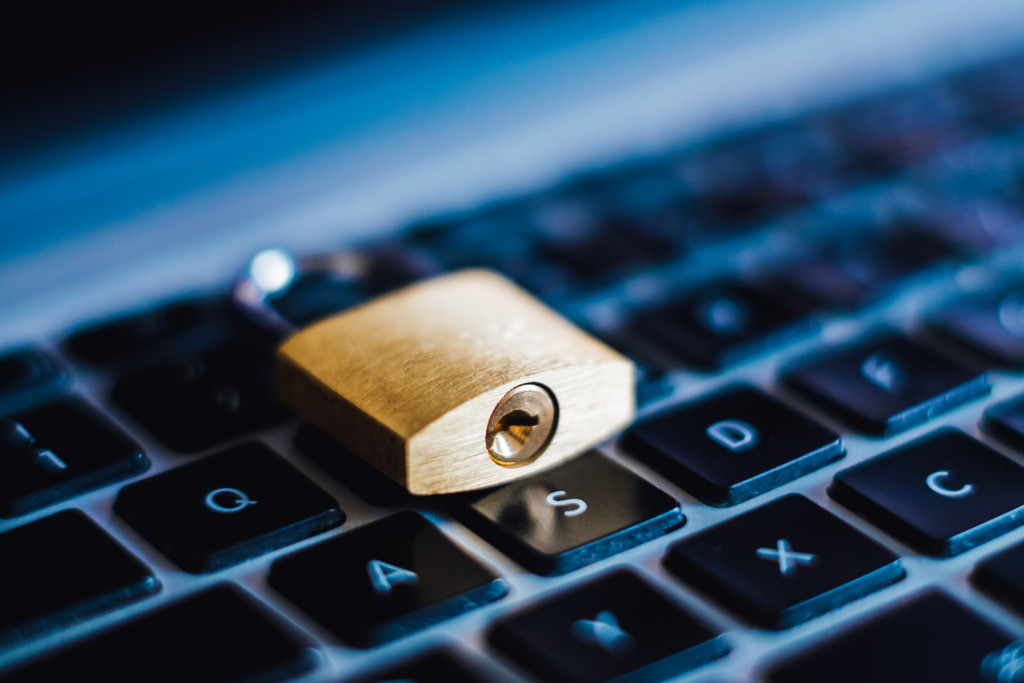Data privacy is a hot-button issue today, and for a good reason. People are rightly concerned about their personal data being mishandled or stolen. In the medical industry, data privacy is of utmost importance. Patients trust their doctors and other medical professionals with some of their most sensitive information. They expect that information to be kept confidential.
One area where data privacy is paramount is in the recovery industry. Recovery facilities include patient recovery from various mental health disorders, including eating disorders, liquor dependence, substance abuse, etc.
Recovering from dependence can be a complex process. For instance, inpatients at eating disorder centers need to feel safe and secure when choosing a recovery facility, knowing that their personal information will remain confidential. These must not be shared with anyone without their consent. Hence, recovery facilities must take steps to safeguard digital patient data from theft or misuse.
Patients should feel confident that their personal information will be protected. For patients’ peace of mind, here are the data privacy laws that healthcare facilities, including recovery facilities, must comply with.
Health Insurance Portability and Accountability Act (HIPAA)
The Health Insurance Portability and Accountability Act (HIPAA) is a federal law that safeguards medical information. The HIPAA Privacy Rule ensures that patients’ protected health information (PHI) remains confidential. This rule gives patients the right to know how their PHI will be used and disclosed, and it sets limits on who can access PHI.
For a recovery facility to comply with HIPAA, it must have a privacy policy outlining how PHI will be used, disclosed, and protected. The policy must also designate a privacy officer responsible for following the procedure. Furthermore, the facility should educate employees on handling sensitive data responsibly.
What are the Patients’ Options in the HIPAA Privacy Rule?
While the Privacy Rule sets a baseline of protection for health information, it does not mandate a specific course of action in all cases. In many instances, covered health care providers are free to disclose patient information without obtaining prior consent.
For example, the Privacy Rule permits disclosures for treatment purposes without patient consent. This means that a doctor can share a patient’s medical records with other treatment team members without first getting the patient’s permission. Similarly, the Privacy Rule allows covered health care providers to disclose health information for payment purposes without patient consent. This means providers can submit claims to insurers and other payers without first obtaining the patient’s permission.
Finally, the Privacy Rule permits disclosures for health care operations without patient consent. Health care operations include quality assessment and improvement activities, case management and care coordination, reviews of provider performance, and population-based activities relating to improving health or reducing health care costs.
Consequently, a hospital can use patient information for quality assessment activities without obtaining the patient’s permission. While the Privacy Rule protects patients’ health information, it does not preclude covered health care providers from disclosing that information in certain circumstances.

What is the Electronic Health Information Exchange (eHIE), and How Does It Protect Patient Data?
The Electronic Health Information Exchange (eHIE) is a set of standards and guidelines for the electronic exchange of health information. The eHIE ensures that patient data is exchanged securely and efficiently between different health care organizations.
To participate in the eHIE, recovery facilities must adhere to specific standards and guidelines. For example, all participating organizations must have a privacy policy outlining how patient data will be used and shared. In addition, all participating organizations must implement security measures to protect patient data from unauthorized access.
Finally, all organizations must provide patients with the ability to view and download their own health information. Consequently, patients can choose to share their health information with other members of their care team, or they can choose to keep their information private.
The eHIE is a valuable tool for safeguarding patient data. By participating in the eHIE, recovery facilities can exchange health information securely and efficiently while still protecting patients’ privacy.
What Are Patients’ Rights Under the Privacy Rule?
The Privacy Rule gives patients certain rights with respect to their health information. For example, patients have the right to access their own health information. This means that patients can request copies of their medical records from covered health care providers.
In addition, patients have the right to request restrictions on how their health information is used and shared. For example, a patient may request that his or her health information not be shared with certain members of the care team.
Finally, patients have the right to file a complaint if they believe their privacy rights have been violated. Patients can file a complaint with the covered health care provider or with the U.S. Department of Health and Human Services Office for Civil Rights.
The Privacy Rule gives patients certain rights with respect to their health information. However, it is important for recovery facilities to be aware of these rights, and to ensure that they are respecting patients’ privacy.
State Data Privacy Laws
In addition to HIPAA, there are state laws that protect the privacy of patients’ medical information. These laws may vary from state to state, but they typically provide patients with similar rights as HIPAA.
Compliance with these laws is essential for recovery facilities in order to protect digital patient data. By following these laws, recovery facilities can ensure that all their patients’ information is kept confidential and secure.

















